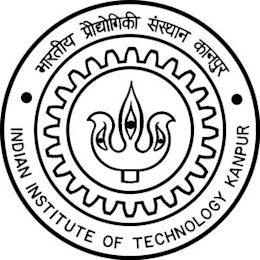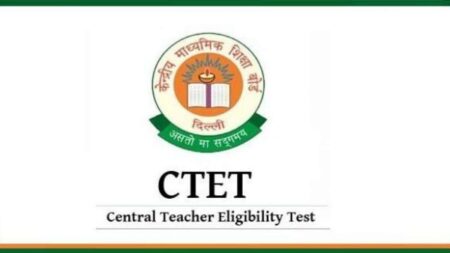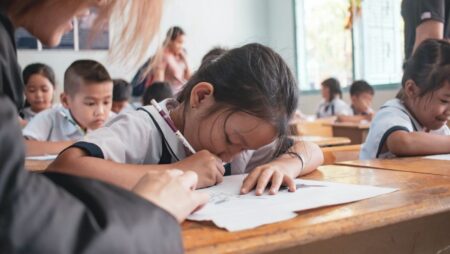This year’s UNESCO International Literacy Prize was awarded to India’s NIOS (National Institute of Open Schooling), formerly known as NOS (National Open School), including five other notable literacy programmes from Côte d’Ivoire Egypt, Guatemala, Mexico, and South Africa.
For contributing towards the fight against illiteracy, the UNESCO King Sejong Literacy Prize is annually awarded to institutions, organizations or individuals.
First offered the Prize in 1989, it is funded by the Government of the Republic of Korea, honouring the extraordinary contribution made to literacy by Sejong the Great, who is the creator of the Korean alphabet Hangul.
The Prize is unique to all the other Literacy Prizes offered by UNESCO because it gives special consideration to the development and use of mother-tongue literacy education and training.
Each award given by the organization consists of US $20,000, a silver medal and an appreciation certificate.
This year’s award-winning programme, NIOS (National Institute of Open Schooling), focuses on the use of digital tools and local language to help persons with disabilities access Indian Sign Language (ISL)-based content.
It is run by the education ministry and has bagged global recognition from UNESCO for its innovative approach towards education.
The recognition is for educating especially -abled people through the usage of technology-enabled inclusive learning material. The NIOS initiative has a particular emphasis on Indian sign language-based content; the organization explained this weekend.
According to the reports of UNESCO, more than 320 million children in India alone are severely affected by the shift to online learning due to the current ongoing pandemic.
The scarcity of devices for education purposes, disabled-friendly online teaching and particular assistive technologies have further hampered access to education for children with disabilities.
By awarding the King Sejong Literacy Prize to the NIOS, the jury has acknowledged the importance of delivering for the unique educational and language needs of PwD (People with Disabilities) learners by developing such content of teaching in digital mode with the help of sign language.
“The focus of the award-winning programme is on the use of digital tools and local languages to assist persons with disabilities the option to access Indian Sign Language (ISL)-based content.
The programme notably refined Indian Sign language as a language subject at secondary level and videos in sign language version in seven subjects at secondary level and senior secondary level as well as an ISL dictionary, made available through the NIOS portal” announced by NIOS.
Every year, the theme is specific for UNESCO International Literacy Prizes. Established in 1989, with the support of the Government of the Republic of Korea, the recognition is awarded to governments, governmental agencies or non-governmental organizations displaying merit and achieving effective results in the fight for universal literacy.
This year, the focus was on inclusive distance and digital literacy learning.
On behalf of NIOS, professor Saroj Sharma, Chairperson, NIOS, received the international Literacy prize and thanked UNESCO for recognizing the efforts and innovations of NIOS in the field of education and literacy.
Chang Jae-bok, the Ambassador of the Republic of Korea to India, praised NIOS for its advanced thinking and inventiveness in imparting education to learners with disabilities. He further referred to the vision of Prime Minister Narendra Modi that “education should not be inclusive only, but also be progressive” and celebrated NIOS for working in alignment with this vision.
The Joint Secretary of School Education and Literacy, Vipin Kunar, appreciated and congratulated NIOS for its initiative to support and promote the Government of India’s educational policy and facilitate education for learners with disabilities.
The award-winning programme concentrates on the usage of digital tools and local language to help persons with disabilities the alternative to access Indian Sign Language (ISL)-based content.












